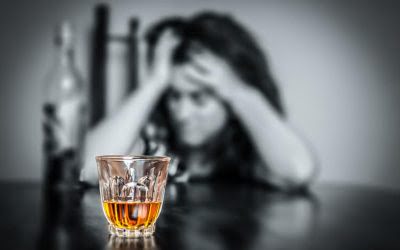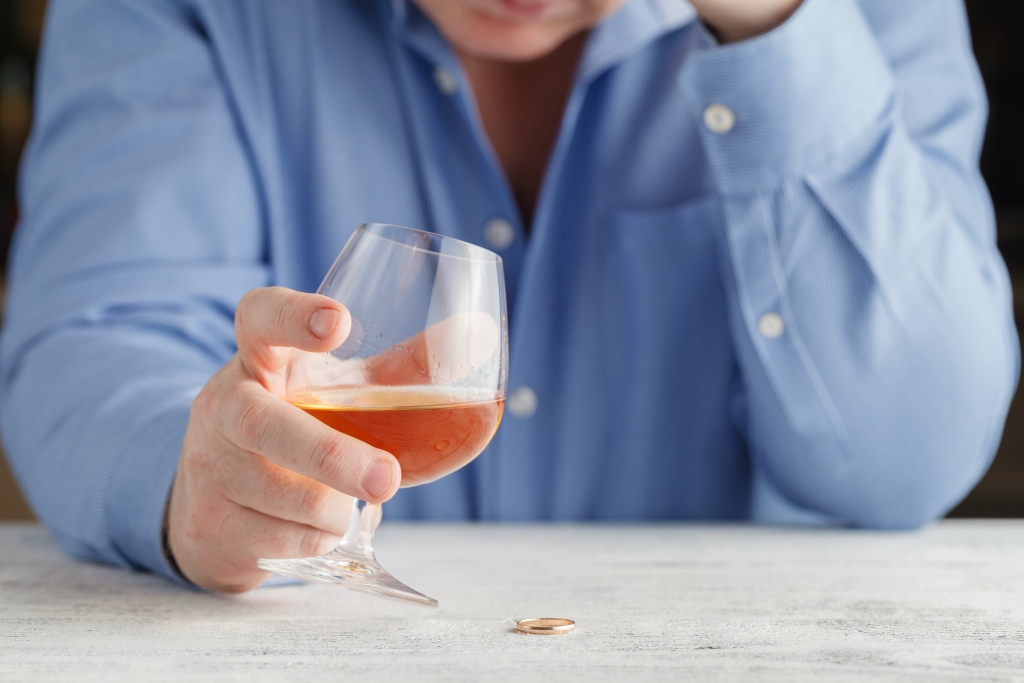The addiction is the hardest how to break the addiction cycle to break when it reaches the third stage. This is where the addict is at his highest; this stage is also known as the trance stage, where the addict sees and thinks nothing but sex. It’s also known as the most powerful stage of sexual obsession or addiction.
The Cycle of Alcohol Addiction
- This will consist of therapy and lectures and written work around the 12 Step Programme.
- Whether you’re looking for treatment or for aftercare options, we can point you in the right direction.
- About 95% of all residential addiction treatment rehabs or addiction clinics in the UK are 12 Step orientated.
Without intervention, addiction deepens, making recovery more challenging but never impossible. If you recognize the following patterns in yourself or a loved one, know that recovery is possible with the help of professionals. Check out our program to gain a better insight into how our evidence-based approaches and compassionate support are designed to help men break the cycle of addiction. Addiction is a chronic disease that affects a man’s brain function, decision-making, and overall well-being. For many men, addiction also becomes a coping mechanism for stress, pressure, or unresolved emotions.

What Is the Link Between Eating Disorders and Addiction?
Various triggers can lead to relapse, including stress, exposure to the substance or related environments, or mental health disorders. Understanding, anticipating, and planning for these triggers is a crucial part of the recovery process. Detox can be uncomfortable, painful, or even dangerous, which is why it’s often conducted under medical supervision. Symptoms can range from mild anxiety and cravings to severe physical and psychological effects.

Prioritizing Love Over Everything Else
- Without addressing underlying psychological challenges, individuals may struggle to maintain sobriety.
- Breaking free from this cycle can be challenging, requiring understanding, support, and often, professional intervention.
- Drug and alcohol use alters the way the brain and certain neurotransmitters function.
- Trust is eroded, communication breaks down, and the needs of the addiction often take precedence over the needs of loved ones.
- Check out our program to gain a better insight into how our evidence-based approaches and compassionate support are designed to help men break the cycle of addiction.
- Self-compassion provides space for difficult feelings, making it possible to respond to pain with understanding rather than self-destructive habits.
Addiction doesn’t just affect the individual using substances – its impacts ripple outward, touching every aspect of a person’s life and the lives of those around them. Let’s explore some of the far-reaching consequences of addiction. To truly understand addiction, we need to peek under the hood and examine what’s happening in the brain. Addiction isn’t just a matter of weak willpower or moral failing – it’s a complex interplay of brain chemistry, neural pathways, and learned behaviors. For many, the path to addiction begins with curiosity or peer pressure.

Good protein sources include organic, free-range poultry, eggs, and fish, yogurt, and other dairy products, nuts, seeds (like chia, hemp, pumpkin, and sunflower), legumes, tofu, and even kale. A good therapist or counselor can give you emotional support while overcoming your addiction. Overcoming Drug rehabilitation an addiction requires understanding why you’ve come to develop an addiction in the first place. Keep repeating to yourself “I am safe,” and take a few deep, calming breaths every time you feel intense emotions.
There are therapists who specialize in various addictions, including workaholism and relationships. These programs provide the recovering person with hope, a non-judgmental support system, a sense of belonging, a new framework for looking at the problem, and a structure. So while you might be able to quit your current addiction, you might pick up another one if you don’t change the belief system that turned you into an addict. After being abstinent for a while, you might find yourself thinking that your addiction wasn’t such a big deal after all, or that other people seem able to control it, so maybe you can too. Taking responsibility means not wasting any more energy on blame and guilt and putting your efforts into starting recovery today. This includes, among other things, letting a support system of other people (safe people or support groups) become your current mood-changer.
